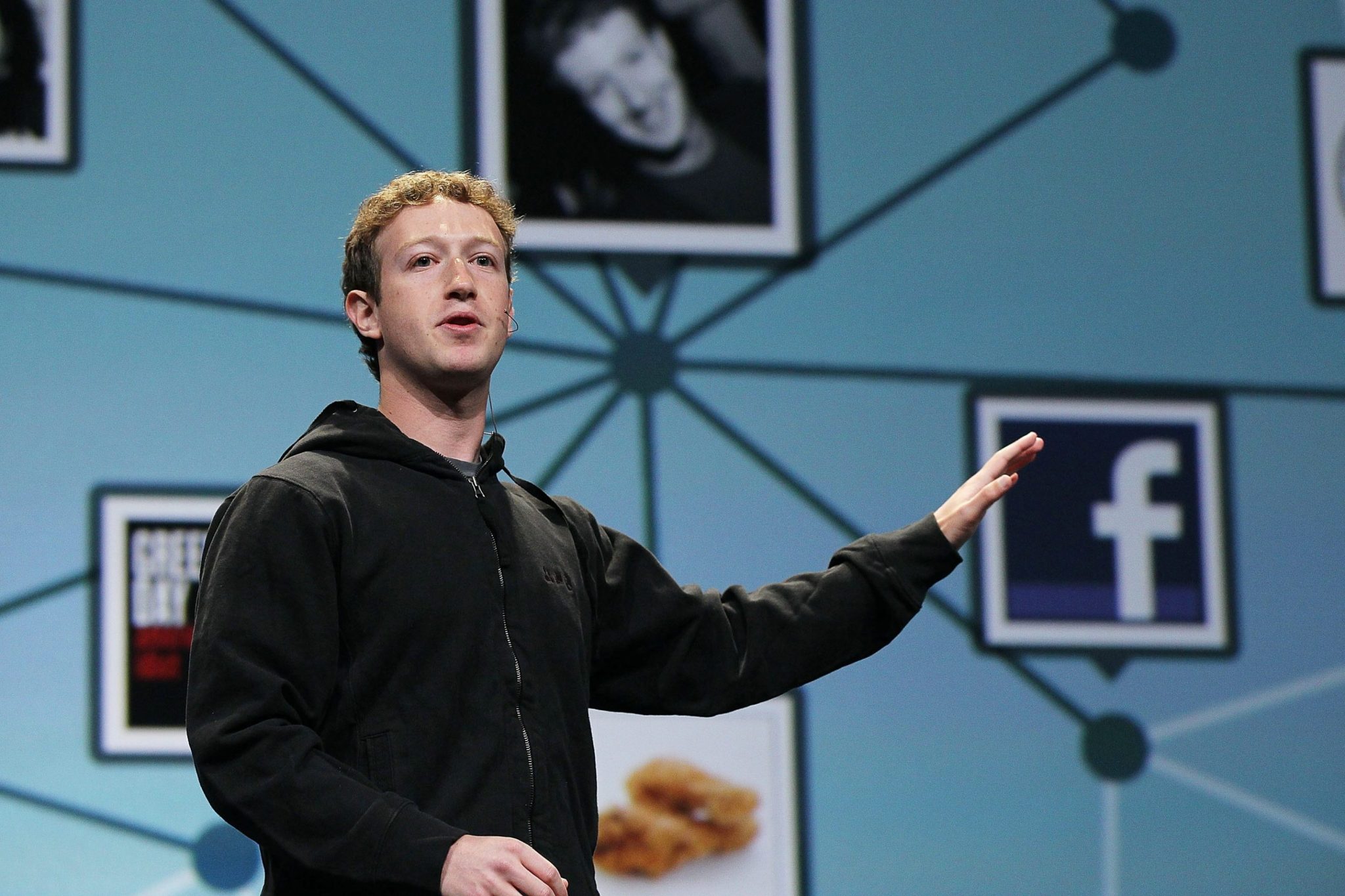Fortune Archives: The whiz kid economy
The face of the world’s youngest self-made billionaire, 28-year-old Alexandr Wang, on the cover of the next issue of Fortune magazine, brings to mind another dewy-faced cover star: Wang’s now-boss, Mark Zuckerberg.
In 2009, Fortune’s Jessi Hempel profiled the Facebook CEO, who was 24 and as she noted “the world’s youngest self-made billionaire, on paper at least.” The tech founder was not yet the polarizing household name he is today. He would go on to become one of the richest people in the world; be the subject of a Hollywood biopic; be hauled before Congress to answer accusations that his platform influenced an election; and become known as a mixed martial arts enthusiast who attended Donald Trump’s presidential inauguration as a guest of honor.
Back then, Hempel wrote, Zuckerberg was “a stiff, reticent guy who’d rather be writing code” who had gathered a crew of “super-young brainiacs in ratty T-shirts and jeans” to create a platform with innocuous-sounding aims: to build a “central place where members organize parties, store pictures, find jobs, watch videos, and play games.”
Yes, Hempel noted, Zuckerberg did see potential for the platform to become “the equivalent of the phone itself… the main tool people use to communicate for work and pleasure.” And, she pointed out, this could provide unprecedented avenues for surveillance of users’ habits and information. “Imagine if an advertiser had the ability to eavesdrop on every phone conversation you’ve ever had,” she wrote (a scenario perhaps easier to imagine now than it was in 2009).
But the potential harm to society and human life posed by what we would later come to call the “attention economy” was then more a subject of curiosity than fear. “Zuckerberg has our attention,” Hempel wrote. “What’s he going to do with it?”
There’s far more wariness in the conversation happening now about the rise of artificial intelligence, the sector in which Wang made his bones as the cofounder of the data infrastructure startup Scale AI. Wang, who was hired by Zuckerberg in June to lead a Meta team “packed with AI industry superstars paid like high-priced athletes,” is working toward an elusive goal that Sharon Goldman describes in her cover story: to “attain the still entirely theoretical concept of ‘superintelligence.’”
“If the word ‘superintelligence’ conjures images of omniscient science fiction machines, you’re not too far off the mark,” Goldman writes. One thing is certain: Major change is coming, and the young techies implementing it are likely to play an outsize role in what that change looks like.
Hempel’s question could be asked once again about Wang and those other young masters of the universe: What are they going to do with all that power?
This story was originally featured on Fortune.com


© Justin Sullivan/Getty Images